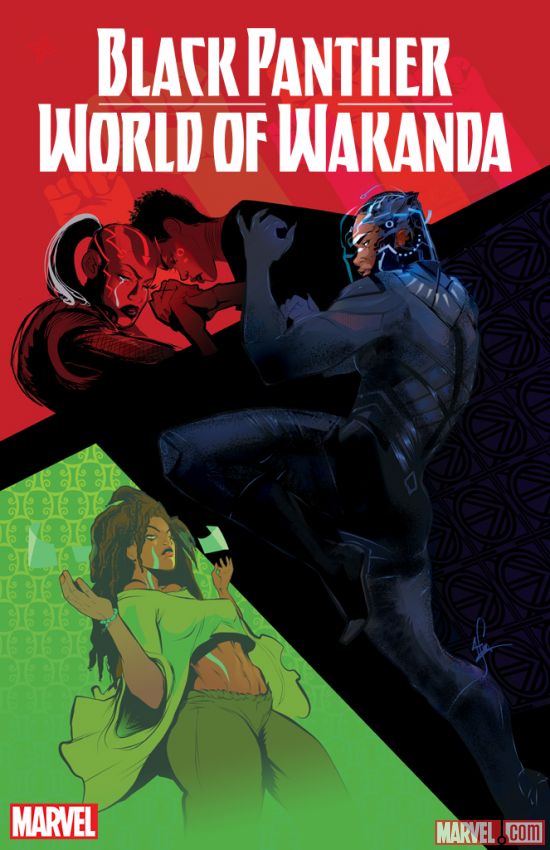Lift Every Voice and Sing – The Necessity of the Black and LGBTQ Voice in Pop Culture
In turbulent times, like the ones we are currently experiencing, it’s common to turn to thoughtful artists and intellectuals to make sense of a complex and bewildering world. James Baldwin is a perfect example of the type of artist whose works provide some sense of clarity in regards to race in America. Until recently – at least for me – Baldwin was not one of those voices, which is unfathomable considering how much he has shaped the world that I inhabit.
His “The Fire Next Time” served as inspiration for two of my favorite books, Jesmyn Ward’s anthology of poems, columns, and essays “The Fire This Time” and Ta-Nehisi Coates’ “Between the World and Me” which are both thoughtful and compelling examinations of race in America. Whether in his debate at the Oxford Union against William Buckley, or in his essays, or novels, I have found Baldwin’s views on racial issues to be an absolute necessity in order to understand the African American community.
However, despite his indispensable voice, Baldwin was not part of the accepted canon of authors I was taught, although equally outspoken writers were regularly put forth as important literary figures. Honestly it’s unlikely that I would have been receptive to reading Baldwin when I was in primary school. Homosexuality equated leprosy and represented the antithesis of what in my mind it was to be Black. Blackness was defined solely by Black male masculinity. Homosexuality and being Black could not occupy the same space. Had I never read “A Dream Deferred” I doubt that my perspective would have ever changed.
“A Dream Deferred” written by Langston Hughes is one of the simplest, shortest, most illuminating poems in American literature. It was my ointment for the scars that racism had left. An examination of the effects of the unrealized American Dream for Black people, long after it should have been realized. When I became aware of the debate regarding Hughes sexuality I had to contemplate whether I could still embrace his work. But I loved this poem it had become an inexorable part of my psyche and soul. I couldn’t reject him based solely on the possibility that he might be Gay. I wish my homophobia would have ended there, it didn’t, there was no divine epiphany that I needed to confront my own prejudice. But it did force me to acknowledge my prejudice which ultimately lead to self-reflection and correction. It opened the door to being able to receive Baldwin and others who were different from me, to be willing to hear their voice, embrace our commonality and our differences. A poem put me on the path to being a better human being. I have hope that Moonlight and the World of Wakanda might do that for others.
We are drifting towards greater inclusion of LGBTQ voices in the black community. This inclusion is shown by the release and success of the film Moonlight; Marvel’s publication of the World of Wakanda which prominently features Black Lesbian characters written by Roxane Gay (Bad Feminist, An Untamed State); and the upcoming release of “I Am Not Your Negro” a documentary based upon a unfinished Baldwin novel. Ultimately the incorporation of these voices, in addition to others, into our communal voice as African Americans is vital if we are going to move forward, or merely replicate the issues that American society overall is struggling with.

Moonlight, based on the play “In Moonlight Black Boys Look Blue” explores male sexual identity. I don’t want to over exaggerate its uniqueness, there have been other films depicting gay black men, but I don’t recall one that was more focused on the universal need for love and acceptance as opposed to the central focus being their sexuality. Moonlight tells the story of Chiron, told in three parts by three different actors (Alex Hibbert, Ashton Sanders, Trevante Rhodes) who is struggling to understand his sexuality while dealing with a parent addicted to drugs (Naomie Harris), and constantly being assaulted at school. Mahershala Ali plays Juan, one of the sole places of acceptance and safety for Chiron. Moonlight defies simple categorization as a film about homosexuality, or masculinity. At its heart it’s about self definition, embracing who you are, and being able to be vulnerable enough to receive and accept love.

World of Wakanda, published by Marvel, is a book that I don’t believe most publishers would have the courage to print. A spin off of the hit Black Panther series its primary focus is on the back story of Ayo and Anika, former Dora Milaje now the Midnight Angels. Until recently any portrayal of LGBTQ characters would have been a rare occurrence in a mainstream comic book. Equally important, however, is that the book is being written by Roxane Gay an exceptional writer who often writes on issues of race, sexual identity, gender, and feminism. If left in less capable hands World of Wakanda would be destined for cancellation. While only one issue has been released it shows promise and it proves to be as amazing as Ms. Gay’s other writing. Regardless, history is being made with every issue released and that’s nothing minor.
Our communal voice has to include all voices, from every part of our community. To the extent that we as African Americans are unwilling or unable to accept the greater inclusion of Black LGBTQ voices in the form of music, art, film, and other forms of pop culture we shackle ourselves and ensure that we continue to see our American Dream unfulfilled. Art and culture have the ability to transform perspectives, raise questions, and challenge accepted reality. Further, when we as consumers of culture, are exposed to stories that are outside our own experience we grow. I couldn’t identify with every part of Chiron’s struggle in Moonlight, but I remembered being a young person of color seeking validation from what felt like a hostile world. In that in-between space of my experience and that of the character’s I could feel our common humanity. This is how we transform the unknown into the known, the other into the familiar, the stranger into family. Long before America was willing to even contemplate the common humanity of people of color, they danced to our music and read our stories. This is what I hope the potential is for these and future cultural works, to bring the African American, LGBTQ and ultimately the larger global community together by ensuring that all voices are heard.
The Black National Anthem calls us to “Lift Every Voice And Sing“. When and only when all of our stories are told and our voices heard can we “march on till victory is won”.


Reblogged this on belleburr and commented:
Armand nails why you should see #Moonlight and read #WorldOfWakanda
LikeLike